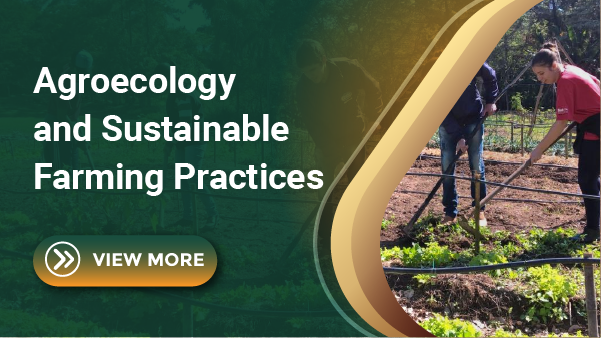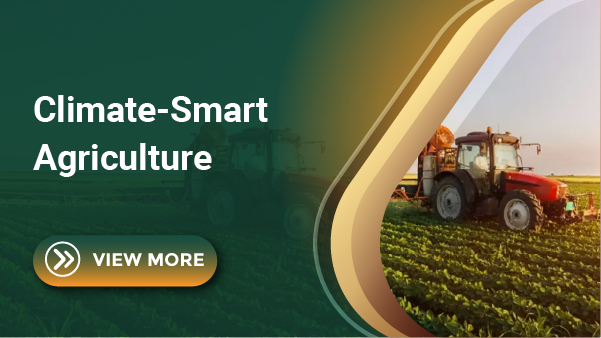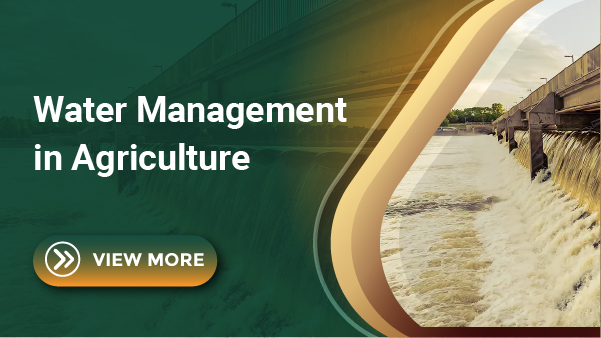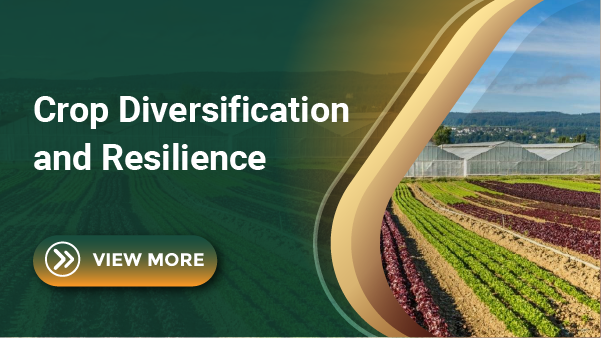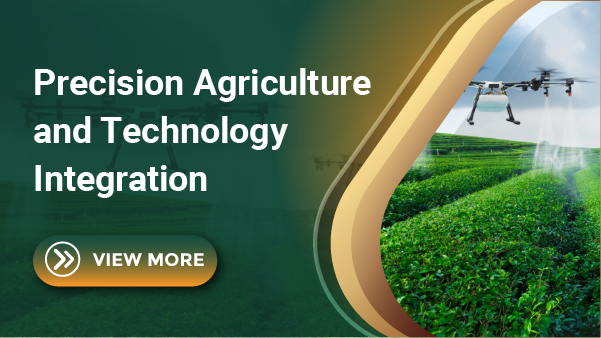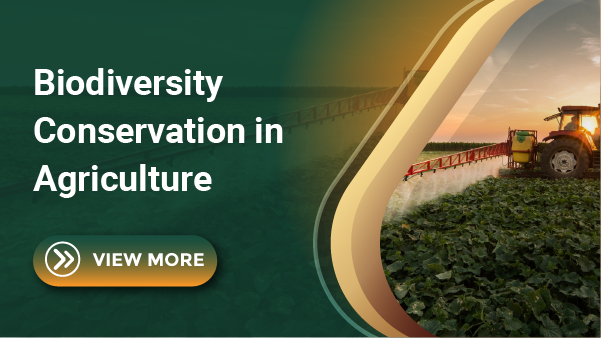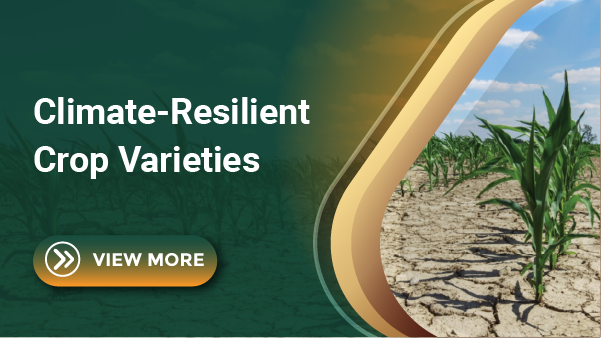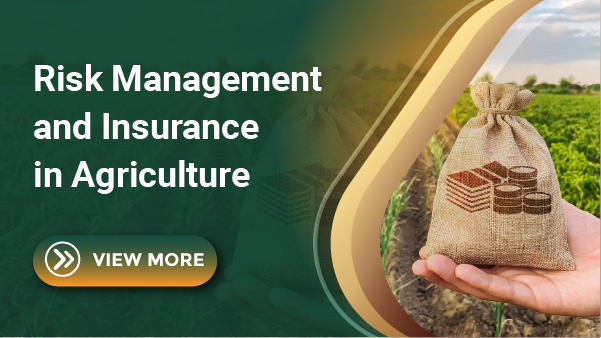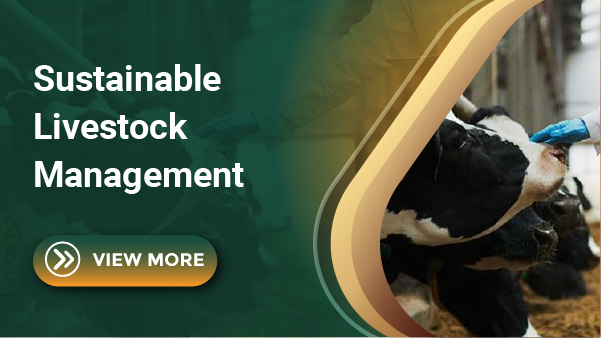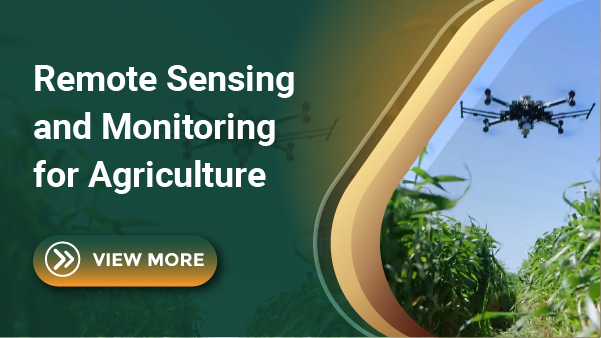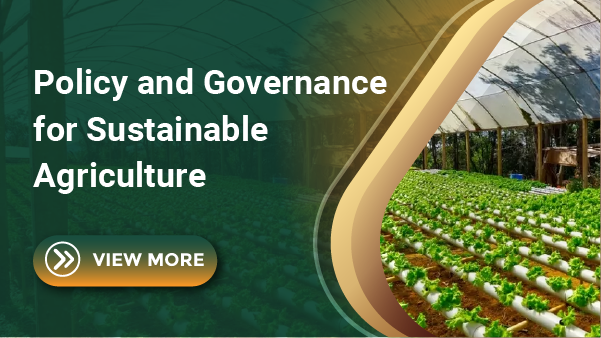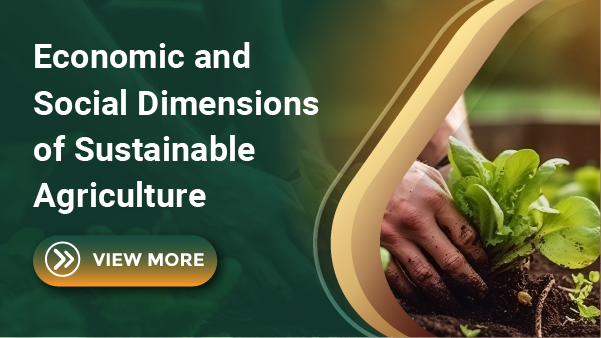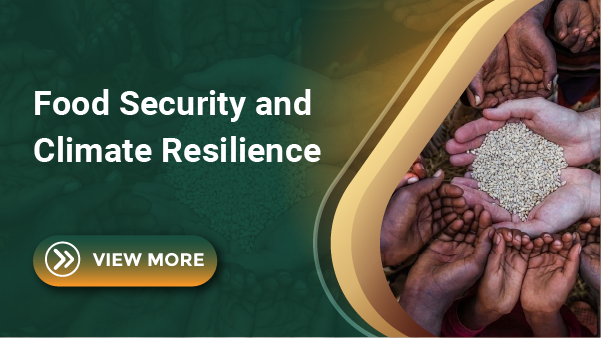Crop Diversification
and Resilience
Session Overview:
The “Intercontinental Conference on Sustainable Agriculture and Climate Resilience: A Management Perspective” is designed to serve as a premier platform for esteemed Research Experts worldwide. Attendees can anticipate unparalleled opportunities to network, gain invaluable insights, showcase their hidden potential, present significant research findings, and receive due credit and recognition for their diligent work. With an overarching theme centred on preparing for a sustainable future, the conference aims to pave the way for a healthier and sustainable tomorrow for generations to come.
Prepare for an enriching voyage through cutting-edge research as you collaborate with esteemed experts worldwide. Together, we'll forge paths to success, reshaping the future and redefining scholarly excellence. Join us at the International Conference on Recent Trends in “Intercontinental Conference on Sustainable Agriculture and Climate Resilience: A Management Perspective”. We warmly invite submissions of full papers and abstracts across diverse sessions such as,
Who Can Join
Tracks
Topics of Interest for Submission include, but are not limited to:
1 Agroecological Approaches to Crop Diversification
2 Crop Rotation Strategies for Pest and Disease Management
3 Agrobiodiversity and Ecosystem Services
4 Economic Impacts of Crop Diversification
5 Nutritional Benefits of Diversified Cropping Systems
6 Climate-Resilient Crop Varieties and Adaptation
7 Community-Based Approaches to Crop Diversification
8 Policy Frameworks for Promoting Crop Diversification
9 Technology Adoption for Crop Diversification
10 Resilience Building in Smallholder Farming Systems
Key Themes
- The conference session on "Crop Diversification and Resilience" offers a comprehensive exploration of strategies to enhance agricultural sustainability and resilience. Through discussions on agroecological approaches to crop diversification, attendees gain insights into methods that promote biodiversity and ecosystem health while increasing farm resilience. By incorporating crop rotation strategies for pest and disease management, farmers can reduce reliance on chemical inputs and enhance natural pest control, thus contributing to environmental sustainability and crop resilience.
- Furthermore, exploring the economic impacts of crop diversification sheds light on the financial benefits and challenges associated with implementing diversified cropping systems. Attendees gain an understanding of how crop diversification can contribute to income stability, market access, and livelihood resilience for smallholder farmers. Moreover, discussions on policy frameworks and community-based approaches provide insights into the institutional support and collaborative efforts needed to promote crop diversification at the local and national levels. By fostering technology adoption and resilience building in smallholder farming systems, this conference session equips participants with the knowledge and tools needed to navigate agricultural challenges and build a more sustainable and resilient food system.
Scope & Benefits of Attending, “Intercontinental Conference on Sustainable Agriculture and Climate Resilience: A Management Perspective:
Prepare yourself for an extraordinary experience at the “Intercontinental Conference on Sustainable Agriculture and Climate Resilience: A Management Perspective” conference, where attendees will have the opportunity to explore a diverse range of topics spanning various disciplines.
Attending the “Intercontinental Conference on Sustainable Agriculture and Climate Resilience: A Management Perspective” conference has numerous scope and benefits like:
Scope and Benefits of Attending the Intercontinental Conference on Sustainable Agriculture and Climate Resilience: A Management Perspective

Sustainable Agriculture and Climate Resilience: 2024
- Agroecology and Sustainable Farming Practices: Attending this conference provides a comprehensive understanding of agroecology and sustainable farming practices. Experts will present innovative techniques that enhance productivity while maintaining ecological balance. Participants will gain insights into sustainable farming models that promote biodiversity, soil health, and reduce reliance on chemical inputs, thus ensuring long-term agricultural sustainability.
- Climate-Smart Agriculture : Climate-smart agriculture is pivotal in addressing the challenges posed by climate change. This conference offers a platform to explore strategies that integrate climate resilience into agricultural systems. Attendees will learn about adaptive techniques that optimize resource use, reduce greenhouse gas emissions, and enhance resilience to climate variability, making them better equipped to implement sustainable agricultural practices in diverse environments.
- Water Management in Agriculture : Efficient water management is critical for sustainable agriculture, especially in the face of climate change. This conference session will delve into advanced irrigation technologies, water-saving techniques, and integrated water management practices. By participating, attendees will understand how to optimize water use, improve crop yields, and ensure the sustainability of water resources for future generations.
- Crop Diversification and Resilience : Crop diversification is a key strategy for building resilience against pests, diseases, and climate extremes. The conference will highlight innovative approaches to crop diversification that enhance agricultural sustainability and food security. Participants will discover how diversifying crops can improve soil health, reduce dependency on single crop varieties, and increase farm resilience to climatic shocks.
- Precision Agriculture and Technology Integration : The integration of technology in agriculture through precision farming offers immense benefits for sustainable agriculture. This session will showcase cutting-edge technologies like GPS, drones, and IoT for monitoring and optimizing agricultural practices. Attendees will learn how to leverage these technologies to increase efficiency, reduce waste, and improve overall farm productivity while minimizing environmental impact.
- Biodiversity Conservation in Agriculture : Conserving biodiversity within agricultural systems is essential for ecosystem stability and resilience. The conference will address strategies for maintaining and enhancing biodiversity on farms, including the use of cover crops, agroforestry, and habitat restoration. Participants will gain practical knowledge on implementing biodiversity-friendly practices that support ecological balance and agricultural productivity.
- By attending the Intercontinental Conference on Sustainable Agriculture and Climate Resilience, participants will not only stay at the forefront of agricultural innovation but also network with leading experts and policymakers. This conference is a vital opportunity to learn, collaborate, and contribute to the global effort towards sustainable and resilient agriculture.
Author Guidelines
Guidelines for Abstract Submission:
- Language: Abstracts must be written in English.
- Length: Limited to one paragraph with 200-250 words.
- Format: Submit in MS Word (.doc or .docx) document format.
- Content: Abstracts should provide an informative summary of the original work. Include a brief biography with your abstract, following the example provided in the template.
- Formatting: Center-align the Title, Author's Names, and Affiliations. Underline the presenting author's name.
- Submission: Please submit your abstract through the designated submission portal.
- Acknowledgment: Upon abstract submission, you will receive an acknowledgment email within three working days.
Evaluation Process

Guidelines for Full Paper Submission
If your abstract has been accepted and the registration fee for Beyond Intelligence 2024 has been paid, you are invited to submit the full paper. Please adhere to the following guidelines for the submission:

- Total number of pages: 6-8 in double-column format
- Language: English (checked for grammar and language errors)
- Tables, figures, and images should be properly named and of high quality.
- Keywords should be written in lowercase letters (except for names/scientific names) and separated by commas.
- Affiliation names, including the country, must be provided.
- Each paper should be structured into the following sections:
- Background, Motivation, and Objective
- Statement of Contribution/Methods
- Results, Discussions, and Conclusions
Once your full paper is prepared according to the above instructions, please proceed to submit it through the provided link. Submit your Full paper Here.







